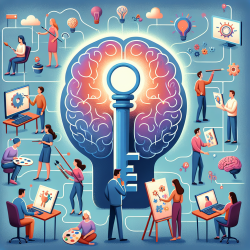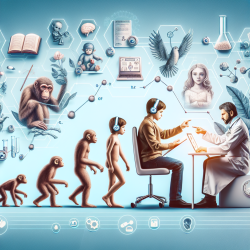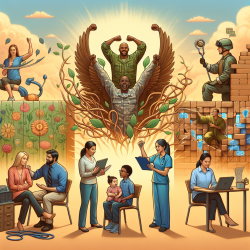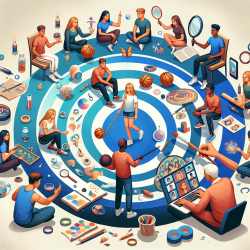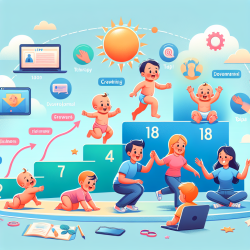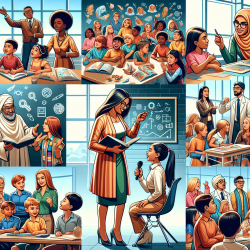Unlocking Adaptive Intelligence: The Secret to Thriving in Any Situation
As a Special Education Director, I've always been intrigued by the diverse ways in which students learn and adapt to their environments. A recent article titled "Adaptive Intelligence: Intelligence Is Not a Personal Trait but Rather a Person × Task × Situation Interaction" by Robert J. Sternberg offers a groundbreaking perspective on intelligence that could revolutionize how we approach education and therapy.
Understanding Adaptive Intelligence
The traditional view of intelligence often focuses on static traits measured by standardized tests. However, Sternberg's research suggests that intelligence is not a fixed trait but an interaction between a person, the tasks they perform, and the situations they encounter. This dynamic view aligns intelligence more closely with creativity and wisdom, emphasizing adaptability and context.
Practical Implications for Educators and Therapists
For practitioners in special education and therapy, understanding adaptive intelligence can be transformative. Here are some ways to implement these insights:
- Personalized Learning: Tailor educational strategies to fit the unique interactions of each student with their tasks and environments. Recognize that a student's performance can vary significantly based on situational factors.
- Flexible Assessment: Move beyond conventional tests to include assessments that consider a broader range of tasks and situations. This can provide a more comprehensive understanding of a student's abilities.
- Environment Adaptation: Create learning and therapy environments that are adaptable to the needs of students, allowing them to thrive under various conditions.
Encouraging Further Research
While Sternberg's research provides a compelling framework, there is still much to explore. Practitioners are encouraged to engage in further research to develop situation-based assessments and interventions that capture the full scope of adaptive intelligence. This could involve collaborating with researchers to pilot new assessment tools or conducting case studies within your educational setting.
Conclusion
By embracing the concept of adaptive intelligence, educators and therapists can better support students in developing the skills they need to succeed in a complex world. This approach not only enhances educational outcomes but also prepares students for the diverse challenges they will face throughout their lives.
To read the original research paper, please follow this link: Adaptive Intelligence: Intelligence Is Not a Personal Trait but Rather a Person × Task × Situation Interaction.
